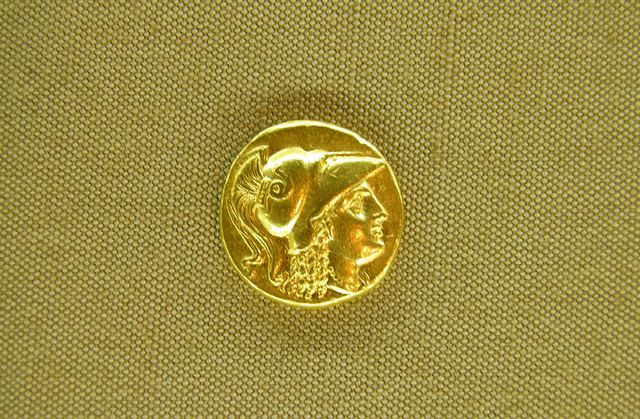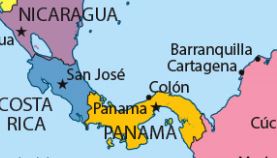Value of 1 ancient Greek drachma and 1 Athenian Talent

Image: Courtesy of Flickr by Carole Raddato
If you are curious and want to follow along, I’ll be spending a bit of time looking at some details of ancient finance.
If you are already somewhat familiar, feel free to either roll your eyes as I flounder along or chuckle on how slow I am to catch on. If your knowledge of ancient finances is comparable to mine, that is to say approximately zero, please feel free to join me on a journey to learn a few details.
Wikipedia has some information about the Greek drachma which seems plausible. Will also mention some comment by Prof. Holt.
Comparable value
Article in Wikipedia says some economists and historians say one drachma in the 5th century (let me do a mental calculation – – that would be from about 499BC to 401BC) was about US$25 in 1990 or US$46.50 in 2015.
Classical historians give a different read for the 5th and 4th centuries (okay, mental math time, so that would be from around 499BC to 301BC, the 400s and 300s). In that time, one drachma would be around one days wages for a skilled worker or a hoplite. So that would not be minimum wage, but more along the line of a carpenter or mason.
…
Value of 1 ancient Greek drachma and 1 Athenian TalentRead More »
Value of 1 ancient Greek drachma and 1 Athenian Talent Read More »




 …
…